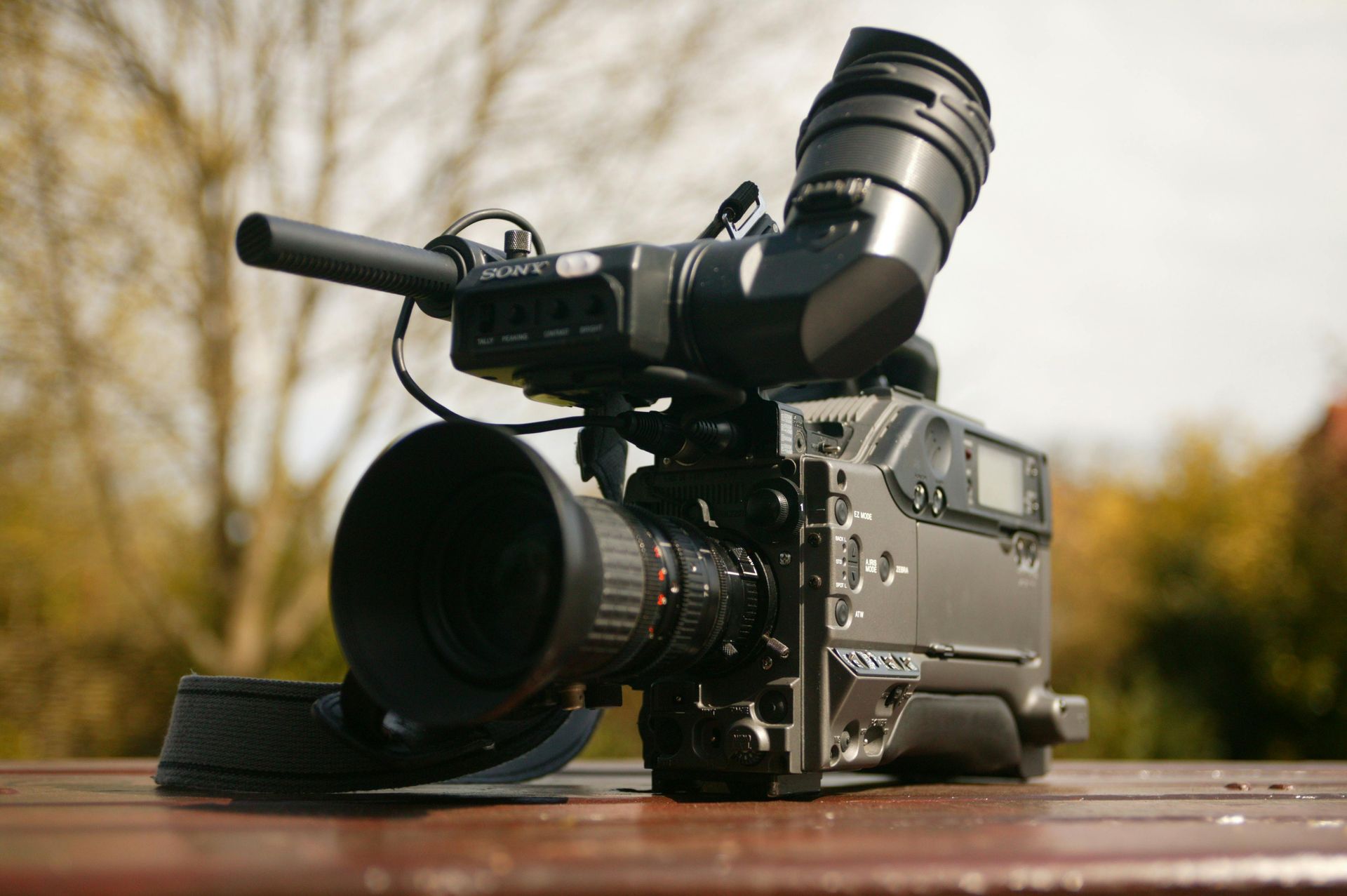Breaking Down Union Payroll for New Accountants

Dealing with the ins and outs of union payroll within the motion picture industry is no small feat, particularly for new accountants entering this fast-paced industry. The industry is governed by a number of collective bargaining agreements that dictate everything from wages and job classifications to working conditions and vacation accruals. This guide aims to unravel these complexities and provide new accountants with a comprehensive understanding of union payroll processes.
Understanding Wages and Job Classifications
Union payroll management begins with a firm grasp of the wage structures and job classifications outlined in collective bargaining agreements. These documents detail specific pay rates for various roles, which are influenced by factors such as the level of experience, the nature of the job, and the duration of employment.
Wages: The Foundation of Payroll
Union scale wages are often predetermined and negotiated through collective bargaining. It's essential to familiarize yourself with the specific wage scales applicable to different union contracts. This ensures compliance and helps prevent discrepancies that could lead to disputes. Pay careful attention to any stipulations concerning overtime, which can significantly impact payroll calculations.
Job Classifications: Aligning Roles with Pay
Each role within a production is assigned a specific classification, which determines the corresponding wage rate. Understanding these classifications is crucial, as misclassification can lead to financial and legal repercussions. Accountants must ensure that every crew member is correctly categorized under the appropriate classification to align with union specifications.
Navigating Vacation and Holiday Accruals
Vacation and holiday accruals are another critical component of union payroll. These accruals are typically governed by the terms outlined in union agreements and can vary across different unions.
Calculating Accruals
Accurate calculation of vacation and holiday accruals is vital. Each union agreement will have specific provisions regarding how these accruals should be calculated and paid out. Familiarize yourself with the nuances of each agreement, as failure to adhere to these terms can result in penalties or grievances.
Managing Accruals
Effective management of accruals involves not only accurate calculation but also timely and precise record-keeping. Ensure that all accruals are documented meticulously, and that they are reflected accurately in payroll reports. This helps maintain transparency and prevents potential disputes with union members.
Comprehending Fringes and Working Conditions
Union agreements also stipulate the fringes and working conditions applicable to crew members. These encompass a wide range of elements, including health benefits, pension contributions, and safe working environments.
Fringes: Beyond Basic Compensation
Fringes are additional benefits provided to union members, such as health insurance and pension contributions. These are typically calculated as a percentage of wages or with an hourly or daily rate and must be factored into overall payroll costs. Understanding the specific fringe requirements of each union agreement is crucial for accurate payroll processing.
Working Conditions: Ensuring Compliance
Working conditions outlined in union agreements dictate the environment and terms under which crew members operate. These can include provisions for meal breaks, rest periods, and safety measures. Accountants must ensure that all working conditions comply with union standards to avoid potential grievances or legal issues.
Tips for Efficient Union Payroll Management
Managing union payroll effectively requires a strategic approach that incorporates both meticulous attention to detail and a robust understanding of union agreements. Here are some tips to streamline the process:
Stay Informed and Updated
Union agreements are subject to change, and staying informed about the latest developments is paramount. Regularly review updates from unions and industry bodies to ensure that your payroll practices align with current standards.
Leverage Technology
Investing in robust payroll software can significantly enhance efficiency and accuracy. Look for platforms that offer features tailored to the unique needs of union payroll, such as automated calculations for wages, fringes, and accruals.
Provide Comprehensive Training
Offer training programs for your payroll team to ensure they are well-versed in the intricacies of union agreements. Tailored training can empower your team to handle payroll processes with confidence and precision, reducing the risk of errors.
Union payroll management in the motion picture industry requires a nuanced understanding of collective bargaining agreements and their implications on wages, job classifications, accruals, fringes, and working conditions. By mastering these elements and implementing strategic solutions, accountants can navigate the complexities of union payroll with confidence and precision, ultimately empowering their teams and stakeholders to achieve compliance and operational excellence.









